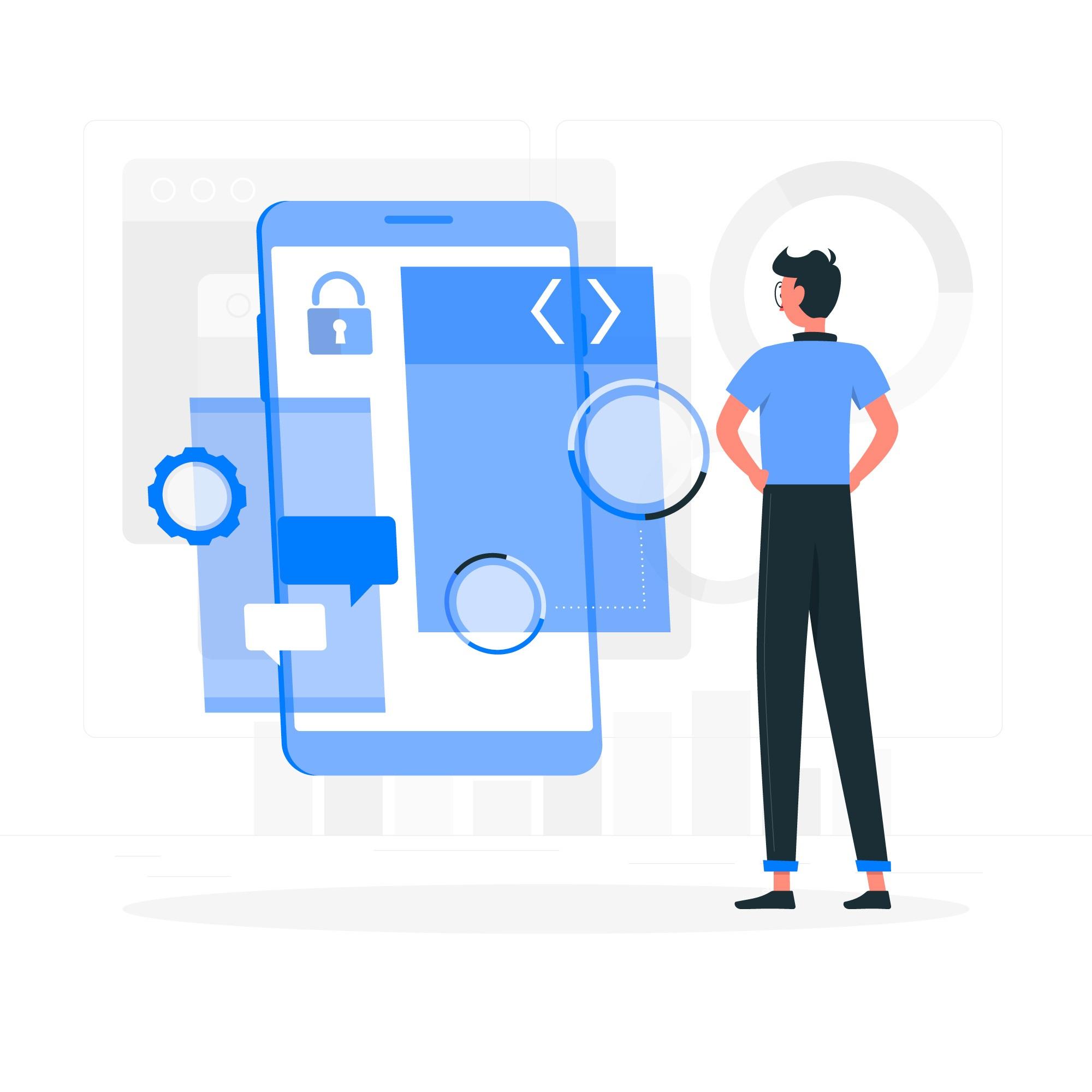As the popularity of Flutter continues to soar, ensuring the security of Flutter apps becomes paramount. Protecting user data and maintaining app integrity are critical considerations for developers. This article explores best practices for securing Flutter apps, covering aspects such as data encryption, authentication mechanisms, secure communication, and vulnerability mitigation. By following these guidelines, developers can enhance app security, safeguard user information, and build trust among their user base.
Secure Data Storage and Encryption
Protecting user data at rest is essential for app security. In Flutter, developers can employ techniques like encryption to safeguard sensitive information. Utilizing packages such as flutter_secure_storage allows for encrypted storage of sensitive data, such as user credentials or authentication tokens. Storing keys or passwords securely is crucial, employing encryption algorithms like AES or RSA.
Implement Robust Authentication
Implementing a strong authentication mechanism is vital to prevent unauthorized access to user accounts. Developers should enforce secure password policies, such as password complexity requirements and two-factor authentication (2FA). Utilizing Flutter libraries like flutter_auth0 or integrating with popular authentication providers like Firebase Authentication can streamline the authentication process while ensuring security.
Protecting Network Communication
Securing network communication is crucial to prevent unauthorized interception or tampering of data. Flutter apps should adopt secure communication protocols, such as HTTPS, to encrypt data in transit. Developers can utilize packages like http with secure configurations or integrate with platforms like Firebase Cloud Firestore, which provide built-in security features.
Regular Updates and Vulnerability Mitigation
Keeping the Flutter app developed by a professional Flutter application development company up to date with the latest security patches and bug fixes is crucial to prevent potential vulnerabilities. Regularly updating dependencies, including Flutter SDK and packages, ensures that known security issues are addressed. Conducting security audits and penetration testing, in collaboration with a trusted Flutter application development company, helps identify and mitigate vulnerabilities proactively. By partnering with an experienced Flutter application development company, businesses can ensure that their apps receive timely updates and rigorous security testing, providing robust protection for user data and maintaining app integrity.
User Permissions and Privacy
Respecting user privacy and implementing appropriate permissions is essential for maintaining user trust. Flutter apps should request permissions only when necessary and clearly communicate how the collected data will be used. Adhering to platform-specific guidelines and privacy regulations, such as GDPR or CCPA, helps ensure compliance and protect user privacy.
Code Obfuscation and Hardening
Implementing code obfuscation techniques, such as minification and obfuscation tools like Dart's dart2native, helps deter reverse engineering and code tampering. Employing techniques like code splitting and code hardening practices, such as removing debugging symbols and applying anti-tampering measures, further strengthens the app's security posture.
Conclusion
Securing Flutter apps is crucial for businesses to protect user data, maintain app integrity, and build trust among users. By partnering with a professional Flutter development company, developers can implement robust security practices such as secure data storage, strong authentication, encrypted network communication, and vulnerability mitigation. Moreover, a dedicated Flutter development company ensures compliance with user permissions, privacy regulations, and adopts code obfuscation techniques to further bolster the app's security posture. By prioritizing app security throughout the development lifecycle, the Flutter development company can create secure and trusted Flutter applications, providing peace of mind to users and establishing a reputation for reliability and data protection.
